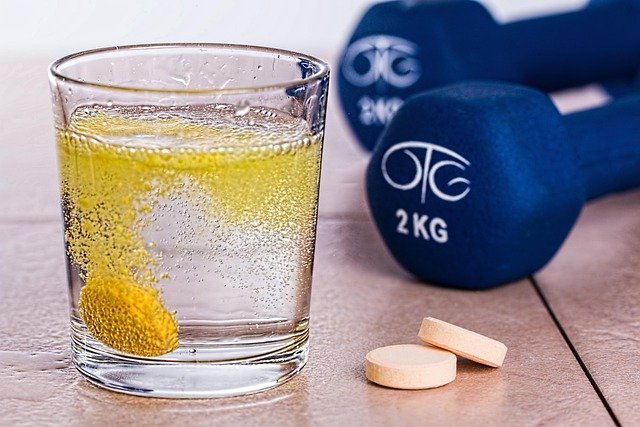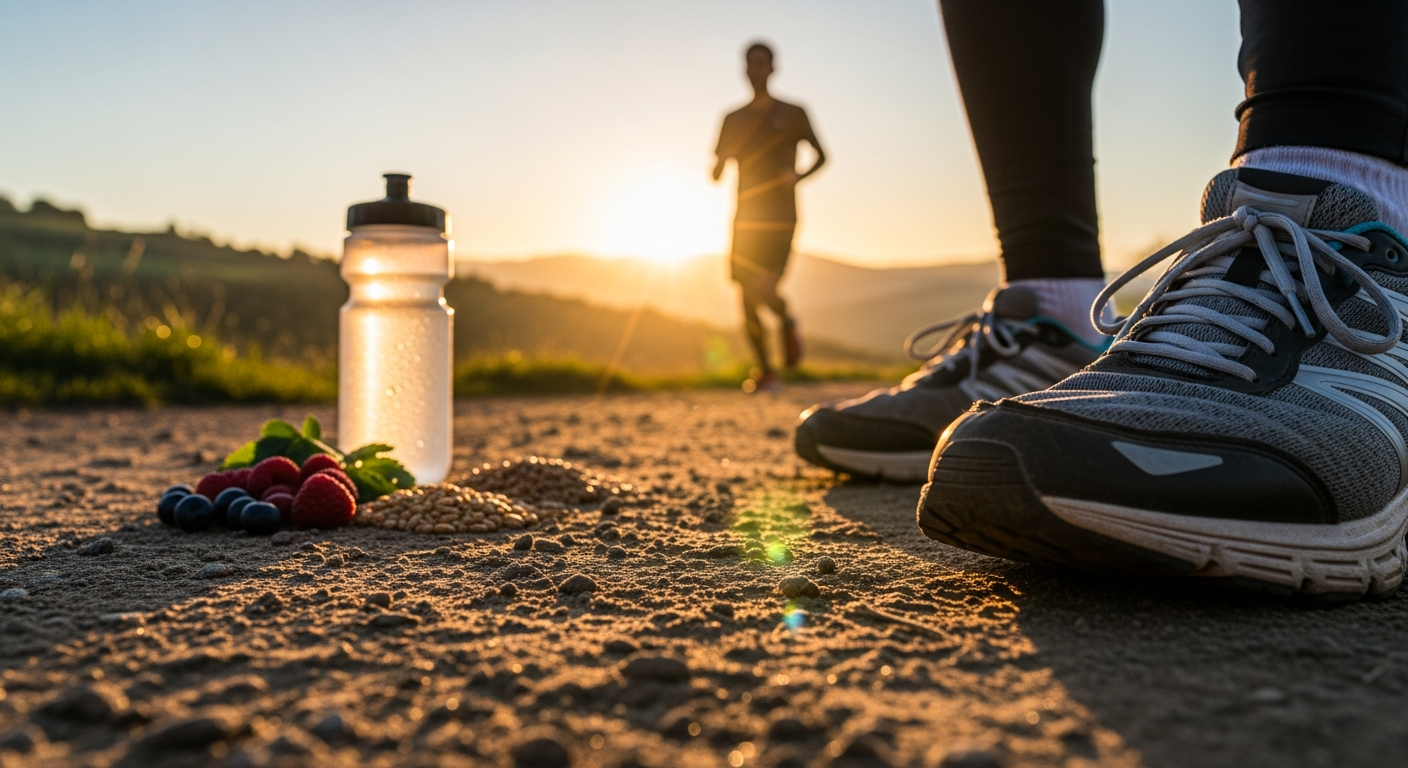Small lifestyle shifts that improve sleep and recovery
Improving sleep and recovery often starts with small, manageable changes to daily routines. Simple shifts—like adjusting meal timing, prioritizing hydration, improving posture at work, and adding short mindfulness or movement breaks—can boost overall wellbeing and daytime functioning. This article outlines practical, evidence-informed steps to support sleep, immunity, fitness recovery, and long-term wellness.

How does wellbeing affect sleep?
Wellbeing is more than feeling comfortable; it describes balanced physical, mental, and social states that influence sleep patterns. Regular routines, consistent bed and wake times, and light exposure during the day help regulate circadian rhythms and support restorative sleep. Preventive habits such as limiting late-night screens, moderating caffeine, and creating a calm sleep environment reduce nighttime arousals and support immunity by improving sleep architecture. Framing sleep improvements as part of broader wellness makes them easier to sustain and integrate with daily life.
How can nutrition support recovery?
Nutrition plays a central role in tissue repair, immune function, and sleep regulation. Prioritizing balanced meals with protein for muscle repair, complex carbohydrates for steady energy, and micronutrients like magnesium and vitamin D can help recovery after exercise and reduce nighttime disruption. Eating heavy meals close to bedtime can interfere with sleep, while small, protein-rich snacks and hydration earlier in the evening may support repair processes. Preventive nutrition planning—matching intake to activity level—helps maintain energy, reduce inflammation, and support longer-term rehabilitation goals.
How does fitness influence sleep quality?
Regular physical activity improves sleep onset, duration, and depth, and supports faster recovery when paired with rest and proper nutrition. Moderate aerobic exercise and progressive resistance training promote restorative slow-wave sleep, which aids muscle repair and immune function. Timing matters: vigorous workouts close to bedtime can make falling asleep harder for some people, while earlier-day movement tends to help. Incorporating active recovery days, stretching, and structured rehabilitation exercises reduces overuse injuries and supports sustainable fitness routines that enhance both sleep and daytime performance.
How can mindfulness improve sleep and immunity?
Mindfulness practices—brief breathing exercises, body scans, or guided relaxation—reduce physiological arousal that interferes with sleep. Regular mindfulness lowers stress hormones and can improve sleep continuity, which in turn supports immune resilience and recovery. Short practices before bed or during evening wind-down routines help shift attention away from racing thoughts. Mindfulness complements other wellness strategies by improving pain coping and adherence to preventive habits, making it easier to maintain consistent sleep schedules and rehabilitation plans.
Why are ergonomics and hydration important?
Daily posture and hydration influence both immediate comfort and long-term recovery. Improving ergonomics at work and during rest—adjusting chair height, monitor level, and mattress or pillow support—reduces muscular strain that can cause sleep-disrupting pain. Adequate hydration supports cellular repair, temperature regulation, and cognitive clarity; however, timing fluid intake so it doesn’t cause nighttime bathroom trips is important. Small adjustments to workspace ergonomics and hydration habits can lower injury risk, aid rehabilitation, and help maintain consistent, uninterrupted sleep.
How can telemedicine and preventive care support recovery?
Telemedicine can increase access to preventive advice, rehabilitation guidance, and follow-up for sleep-related concerns without travel barriers. Remote consultations with physiotherapists, dietitians, or sleep specialists can help tailor exercise, nutrition, and ergonomics plans for recovery. Preventive care—screening for sleep apnea, addressing chronic pain, or optimizing medications—benefits from coordinated remote and in-person approaches. Combining telemedicine with local services or in-person rehabilitation ensures a practical continuum of care that supports both short-term recovery and long-term wellness.
This article is for informational purposes only and should not be considered medical advice. Please consult a qualified healthcare professional for personalized guidance and treatment.
Small lifestyle shifts accumulate. Focusing on nutrition timing, consistent movement, mindfulness routines, proper hydration, and ergonomic adjustments yields measurable improvements in sleep quality and recovery over weeks and months. Integrating remote preventive care or rehabilitation support can help tailor these changes to individual needs, making steady progress toward better wellbeing and sustained recovery.






